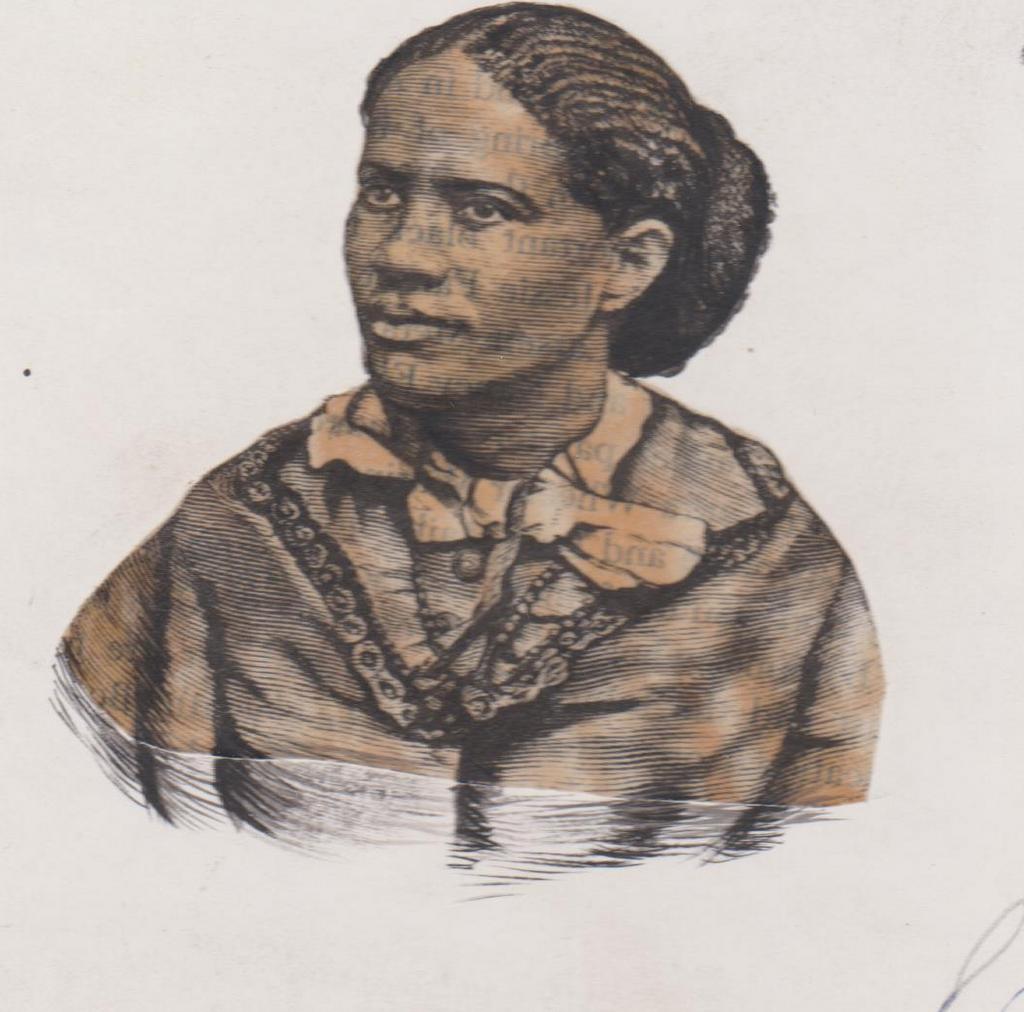[ad_1]

By Leonard Sparks
Special to the AFRO
Frances Ellen Watkins Harper was allegedly born “free,” but two years after the Civil War ended the by-then famed writer, abolitionist, suffragist and lecturer gave a speech condemning the post-war reality for Blacks in the United States.
Watkins warned those who paid 35 cents in 1867 to hear the lecture, organized by the Social Civil, and Statistical Association of the Colored People of Philadelphia, that she would not “bathe my lips in honey” when speaking.
She summed up the enduring need for reform: “Slavery, as an institution, has been overthrown, but slavery, as an idea, still lives in the American Republic.” She summed up the catalyst for reformers, recounting a news article about a Black woman kicked off one of Philadelphia’s segregated streetcars.

“Friends, when that man kicked that woman, he kicked me. He kicked my child, and he kicked the wife and child of every colored man in Philadelphia. He kicked the wife, sister, and child of every colored man who went out to battle and to lay down his life for his country; and I am here tonight to protest against it.”
Born in Baltimore in 1825, Harper’s life spanned the horrors of slavery, the hopes following emancipation, the dashed optimism of Reconstruction and the rise of Jim Crow.
Although she could have enjoyed the fruits that came with being a bestselling novelist and poet, she dedicated her life to defending those being “kicked” – agitating for the end of slavery, participating in the Underground Railroad, openly criticizing President Andrew Johnson over policies deemed racist, and speaking around the country in support of suffrage and human rights.
In May 1866, less than a month after Congress overrode a Johnson veto to pass a Civil Rights Act, Harper addressed the 11th annual National Women’s Rights Convention in New York. She used the speech to castigate the stance of White suffragists like Susan B. Anthony, who considered women’s rights more important than the equality of Blacks.
Anthony and two other noted White suffragists, Elizabeth Cady Stanton and Lucretia Mott, were in attendance.
“I do not believe that giving the woman the ballot is immediately going to cure all the ills of life,” Harper said. “I do not believe that White women are dew-drops just exhaled from the skies. I think that, like men, they may be divided into three classes, the good, the bad and the indifferent.”
Harper encountered people exhibiting those characteristics throughout her 85 years. Orphaned at three, she published her first book of poetry, “Forest Leaves,” at 20. Her short story, “Two Offers,” was the first published by a Black writer, and her books of poetry and fiction sold over 50,000 copies.
Her activism against slavery included lecturing on behalf of the Maine Anti-Slavery Society and the Pennsylvania Anti-Slavery Society. Her friendships included William Still, the Black abolitionist and Underground Railroad conductor, and famed abolitionists and activists Sojourner Truth and Harriett Tubman.
“I do not demand social equality; I do not demand that you shall take us into your parlors, and make us companions of your wives and daughters, if they have no liking for us,” she said in that 1867 speech. “All I ask is that you take your prejudices out of the way and give the colored man a chance to grow; give him a chance at the ballot-box.”
The 1866 convention ended with a vote to form the American Equal Rights Association, which would support suffrage for women and Blacks. Its members split, however, over the 15th Amendment, which prohibits the denial of the vote because of race, but not because of sex.
Anthony and Stanton, who did not believe that Black men should get the right to vote before White women, left the AERA to form the National Women Suffrage Association in 1869.
Harper, who refused to jeopardize the vote for Black men to press for universal suffrage, helped found that same year the American Women Suffrage Association. During her closing speech at the AWSA’s convention in 1873, Harper told an audience that Black women needed the right to vote more than White women because of discrimination.
In July 1896, Harper helped found the National Association of Colored Women, a merger of the National Federation of Afro-American Women and the National League of Colored Women. Her cofounders included Josephine St. Pierre Ruffin, Mary Church Terrell, Harriet Tubman, Margaret Murray Washington and Ida B. Wells-Barnett.
The organization adopted resolutions condemning lynching, a Florida law barring Black and White children from learning in the same school, convict leasing and other outrages. Terrell was named president and Harper third vice president.
Harper died in 1911, nine years before passage of the 19th Amendment guaranteed women the right to vote. Her contributions to the suffrage movement are being increasingly recognized.
Anthony, Stanton, Joslyn Gage and Ida Husted collaborated on the book “History of Woman Suffrage.”
Harper, according to the book, gave the last speech at the American Women Suffrage Association’s convention in 1875, saying, “she had often known women who wished that had been born men, but had known only one man who wished he had been born a woman.”
“Mrs. Harper gave a touching description of the disabilities to which women, and especially colored women, are subjected, and looked forward to their enfranchisement as the dawn of a better era alike for men and for women.”
[ad_2]
Source link
